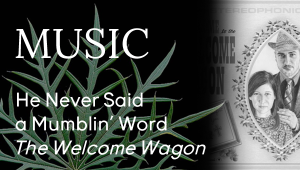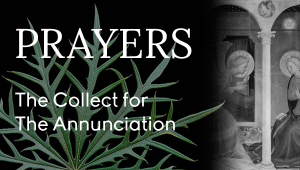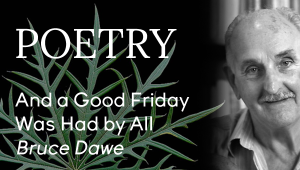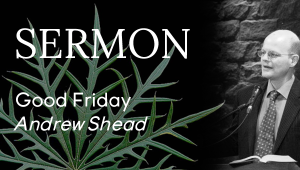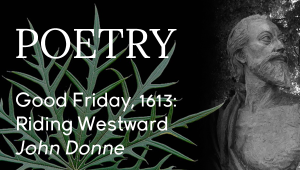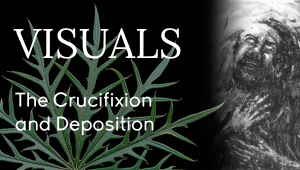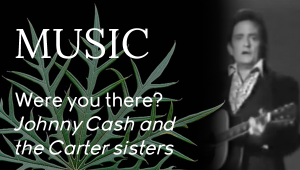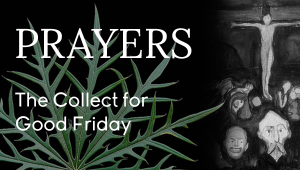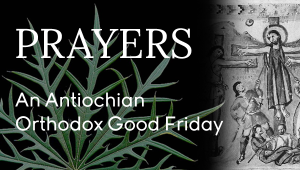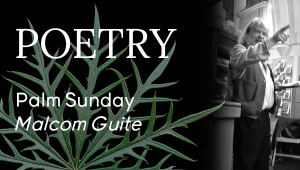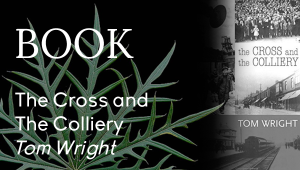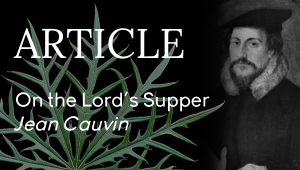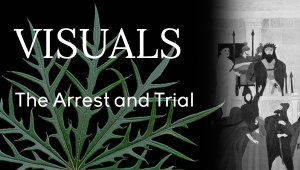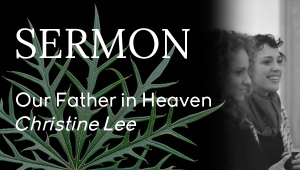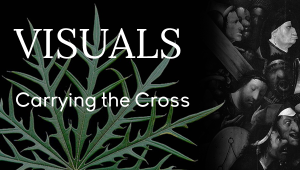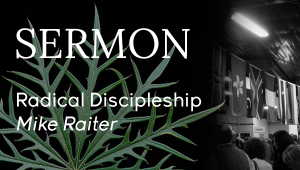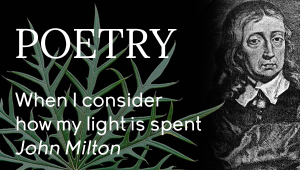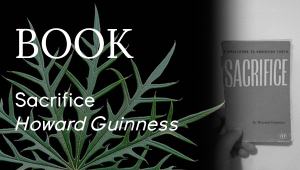Christ, our paschal Lamb, has been sacrificed; let us therefore celebrate the festival!”
– 1 Corinthians 5.7-8
Happy Easter! Christ is risen – he is risen indeed!
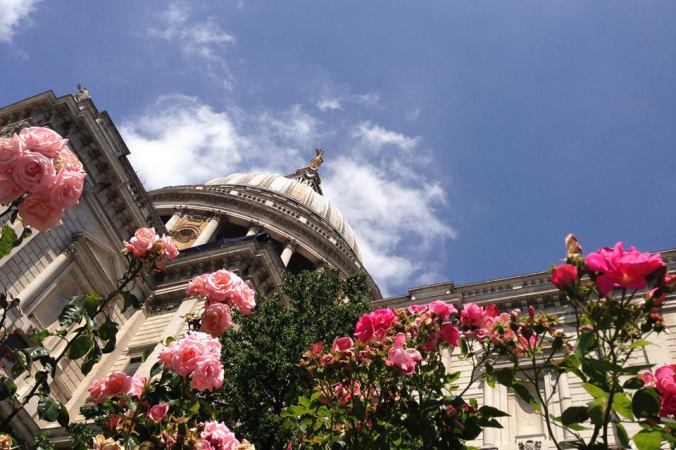
Thank you for joining us on our journey through Lent this year. As the church moves from the penitential season of Lent and into Eastertide, it is worth pausing to ask yourself two questions.
Firstly, in what ways did Lent form you this year? As we’ve promoted throughout The Lent Project, the Lenten season is about formation, as we concentrate particularly on the way the gospel reforms our desires and habits to bear fruit for God’s glory. As you consider the disciplines and behaviour you’ve employed over the last 46 days (fasting, particular Bible reading, waking up early, alms giving, etc.) what have they been doing to you? You may like to especially ask:
- What have you learnt about your own desires this Lent?
- What have you understood again/anew about the gospel and how it changes us?
- In what ways have you been encouraged through Lent?
- In what ways has Lent challenged patterns of sin in your own life?
- What questions do you have related to Lent? What has Lent stirred up in you?
- How are you hoping God will grow you in grace in the months ahead?
Secondly, how will you celebrate during Easter? The season of Easter lasts for 40 days; from today (Easter Day/Resurrection Sunday) through to Ascension Day (the sixth Thursday after Easter Day; although recently some churches have extended Eastertide through to Pentecost/Whitsunday, 50 days after Easter Day). Whilst Lent is a time for preparation and fasting, Easter is a time for celebration and feasting. Without celebrating Easter, we’ve only done half of what the liturgical calendar has planned for us. According to Tom Wright,
I have come to believe that many churches simply throw Easter away year by year; and I want to plead that we rethink how we do it so as to help each other, as a church and as individuals, to live what we profess…
But my biggest problem starts on Easter Monday. I regard it as absurd and unjustifiable that we should spend forty days keeping Lent, pondering what it means, preaching about self-denial, being at least a little gloomy, and then bringing it all to a peak with Holy Week, which in turn climaxes in Maundy Thursday and Good Friday . . . and then, after a rather odd Holy Saturday, we have a single day of celebration.
All right, the Sundays after Easter still lie within the Easter season. We still have Easter readings and hymns during them. But Easter week itself ought not to be the time when all the clergy sigh with relief and go on holiday. It ought to be an eight-day festival, with champagne served after morning prayer or even before., with lots of alleluias and extra hymns and spectacular anthems. Is it any wonder people find it hard to believe in the resurrection of Jesus if we don’t throw our hats in the air? Is it any wonder we find it hard to live the resurrection if we don’t do it exuberantly in our liturgies? Is it any wonder the world doesn’t take much notice if Easter is celebrated as simply the one-day happy ending tacked on to forty days of fasting and gloom? It’s long overdue that we took a hard look at how we keep Easter in church, at home, in our personal lives, right through the system. And if it means rethinking some cherished habits, well, maybe it’s time to wake up. That always comes as a surprise.
And while we’re about it, we might write some more good Easter hymns and take care to choose the many good ones already written that celebrate what Easter really is rather than treating it as simply our ticket to a blissful life hereafter. Interestingly, most of the good Easter hymns turn out to be from the early church and most of the bad ones form the nineteenth century. But we should be taking steps to celebrate Easter in creative new ways: in art, literature, children’s games, poetry, music, dance, festivals, bells, special concerts, anything that comes to mind. This is our greatest festival…We shouldn’t allow the secular world, with its schedules and habits and parareligious events, its cute Easter bunnies, to blow us off course. This is our greatest day. We should put the flags out.
In particular, if Lent is a time to give things up, Easter ought to be a time to take things up. Champagne for breakfast again—well, of course. Christian holiness was never meant to be merely negative. Of course you have to weed the garden from time to time; sometimes the ground ivy may need serious digging before you can get it out. That’s Lent for you. But you don’t want simply to turn the garden back into a neat bed of blank earth. Easter is the time to sow new seeds and to plant out a few cuttings. If Calvary means putting to death things in your life that need killing off if you are to flourish as a Christian and as a truly human being, then Easter should mean planting, watering, and training up things in your life (personal and corporate) that ought to be blossoming , filling the garden with color and perfume, and in due course bearing fruit. The forty days of the Easter season, until the ascension, ought to be a time to balance out Lent by taking something up , some new task or venture, something wholesome and fruitful and outgoing and self-giving. You may be able to do it only for six weeks, just as you may be able to go without beer or tobacco only for the six weeks of Lent. But if you really make a start on it, it might give you a sniff of new possibilities, new hopes, new ventures you never dreamed of. It might bring something of Easter into your innermost life. It might help you wake up in a whole new way. And that’s what Easter is all about.
Our passover lamb has been sacrificed. Let our hearts therefore rise, for our Lord is risen, and sing his praise. How will you celebrate the arrival of God’s new world in the resurrection of Jesus’ body? How will you celebrate the forgiveness of our sins and the promise of the death of death? How will you celebrate over the next six weeks that Jesus Christ is Lord?
